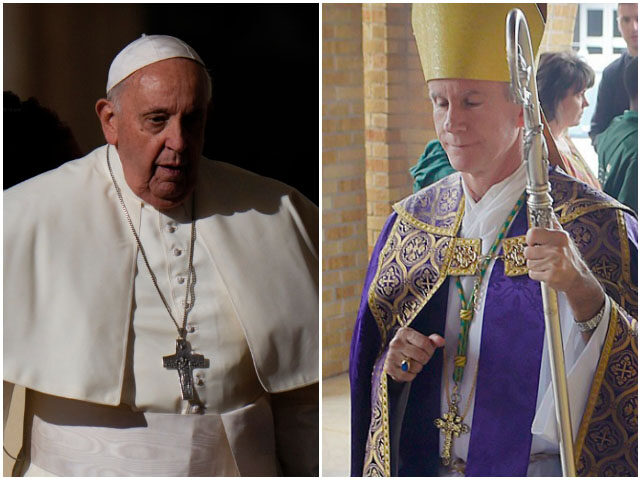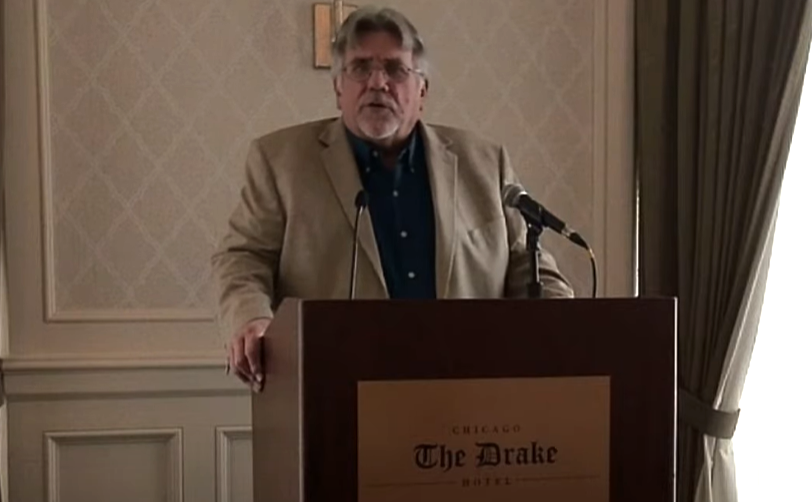An Abundance of Benedict Options: What Should Christians Do in the Face of Ascendant Secularism?

Is Christ a Revolutionary?
May 3, 2017
Scholar: Confusion Caused by Amoris Laetitia is ‘Unprecedented,’ Even ‘Apocalyptic’
May 3, 2017
By John Meinert, Crisis Magazine, May 3, 2017
It is vital and important to prepare for the full flowering of western liberalism and its possible collapse under its own weight. However, most who are writing on this topic miss the contingency of this question, the participatory nature of the Church, and Ecclesial unity… We must remember that it is not each person, or even each geographical community, countering secularism but the Church as a whole (the body of Christ)….
 The last few years we have seen a lively debate and discussion over how Christian believers should interact with our increasingly secular and hostile culture. These different possibilities have come to be known as “options.” The most famous is certainly the Benedict option popularized by author Rod Dreher. But others have written about the Dominican option, the Dorothy option, the Escriva option, the Buckley option, the Boniface option, etc. I have no problems with these suggestions or reflection on this question. It is vital and important to prepare for the full flowering of western liberalism and its possible collapse under its own weight. However, most who are writing on this topic miss the contingency of this question, the participatory nature of the Church, and Ecclesial unity.
The last few years we have seen a lively debate and discussion over how Christian believers should interact with our increasingly secular and hostile culture. These different possibilities have come to be known as “options.” The most famous is certainly the Benedict option popularized by author Rod Dreher. But others have written about the Dominican option, the Dorothy option, the Escriva option, the Buckley option, the Boniface option, etc. I have no problems with these suggestions or reflection on this question. It is vital and important to prepare for the full flowering of western liberalism and its possible collapse under its own weight. However, most who are writing on this topic miss the contingency of this question, the participatory nature of the Church, and Ecclesial unity.
It is no surprise that with as large and multifaceted an issue as engagement with secular culture, we have multiple positive plans on how we should proceed. This is to be expected. The deeper one descends into particulars the less clear it is what one should do. Our intellects are not that powerful, even collectively. The ‘options’ outlining the multiple possible positive responses are dealing with just such a case. What should Christians do in the face of ascendant secularism? How can we grow in holiness and evangelize the world?
Because the answer to this question deals with means to an end, as long as nobody puts forth an option requiring one to do something intrinsically evil, sinful, or contrary to virtue then we are dealing with suitability to particular circumstances. Certainly, one must rule out certain (sinful) possibilities, but none of the options (at least the ones following saints) strike me as sinful. The question is not good/bad, but good/better given the circumstances in front of the person(s) at that moment. That is not to say that one option is not more fitting than another, but that this is a circumstantial judgment. The realm of prudence is not an a-moral realm, but it does deal with contingencies. Virtue perfects all our actions, but also allows for maximal creativity in meeting the circumstances.
The plurality of possible responses/means is not only an effect of the shifting circumstances and the nature of prudence, but also the participatory nature of the Church. In our work (in the sense St. John Paul II means in Laborem Exercens) we express our personalities. The Church is not a democracy, but it is participatory. Each contributes his or her gifts for the good of the whole. Those gifts and their application to the changing circumstances of today will not be uniform. In short, multiple “options” are to be expected given the nature of the question and of the Church. This is good and has always been an essential element of Christianity.
Yet this is not a facile celebration of diversity for its own sake. We must remember that it is not each person, or even each geographical community, countering secularism but the Church as a whole (the body of Christ). We are united, not uniform. Our apostolates to the poor, for the immigrant, for the unborn, defending marriage, etc., are all part of the same mission and expressions of one community. Some may withdrawl. Some may engage. Some may work. Some may preach. All serve the one body. “If all were a single organ, where would the body be? As it is, there are many parts, yet one body” (I Cor. 12:19-20). Since the Church is one body and a true unity, the good one does redounds to the others. Not all will respond to secularism in the same way, and this is a strength.
Approaching the question of the “options” from an ecclesial perspective is not only theologically correct, but also may be the most effective “option” (if effectiveness is even the right thing to consider). Let’s call it the ecclesial/Catholic option. The unified diversity of the Church is part of what has helped it endure through the ages. Contingencies are just that, contingencies. Those with limited vision cannot see them all. Our intellects are too weak. There will be much we do not foresee. This means that many of the options will fail due to unforeseen or unaccounted for circumstances. Another option and approach may be more successful. Either way, the Church will endure. Christ’s faithfulness guarantees that the Ecclesial option will succeed. This is what we are missing in the debate. Benedict, Francis, Escriva, Dominic, etc. are all saints. They ordered all their activity to the glory of God and the service of the Church. Growing in holiness and evangelizing the world is not a zero sum game.
While vigorous debate about how to engage with an increasingly secular culture is vital and important we must remember the unity of the Body. Various virtuous approaches should be both promoted and celebrated as part of the health of the Church.
Editor’s note: Pictured above is a detail from “St. Benedict” painted by Giambattista Piazetta (1683-1754).




